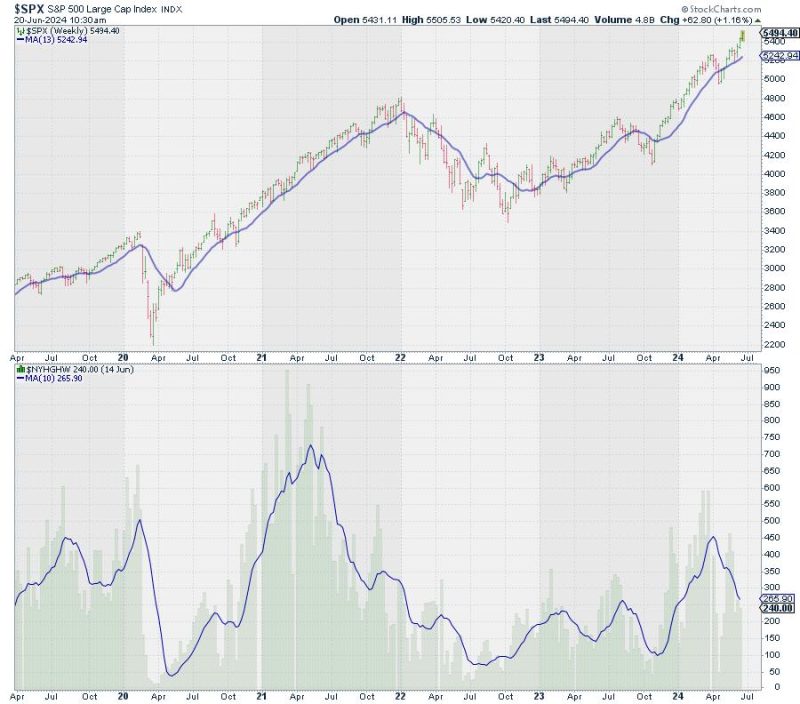When it comes to purchasing goods or services, price plays a significant role in making a decision. Consumers often weigh the cost of a product against its perceived value, quality, and their personal budget. However, the question arises: for how long is price the primary deciding factor in a purchase?
The relationship between price and consumer behavior is complex and can vary depending on various factors. Initially, price may heavily influence a consumer’s decision, especially when comparing similar products or services. A lower price may give one product an advantage over another, as consumers naturally seek the best value for their money. In such cases, price alone can sway a consumer towards a specific choice.
Moreover, the impact of price on consumer behavior can be particularly pronounced when individuals are on a strict budget or seeking to save money. In competitive markets, businesses often engage in pricing strategies to attract price-conscious consumers, leading to price wars and promotions to win over budget-conscious shoppers. The allure of discounts, sales, and promotions can drive purchasing decisions solely based on price, at least in the short term.
However, the reliance on price as the primary deciding factor in a purchase may not be sustainable in the long run. While initial price considerations are vital, other factors such as quality, brand reputation, customer service, and overall value proposition come into play as well. A product or service may appear to be a great deal based on its price, but if it fails to meet expectations in terms of quality or performance, consumers may reconsider their future purchases.
Additionally, brand loyalty and customer experience can also influence purchasing decisions beyond price. Consumers may be willing to pay a premium for a brand they trust or for an enhanced customer experience, even if it means spending more than they initially planned. Building a strong brand reputation and offering exceptional service can create long-term relationships with customers who are willing to prioritize quality over price.
Furthermore, the value proposition of a product or service, which includes various elements such as quality, features, benefits, and customer support, can outweigh the price factor in the decision-making process. Consumers often seek products that offer the best overall value, taking into account both the price and the benefits they receive in return. A product that provides superior quality, durability, or innovative features may justify a higher price tag in the eyes of consumers seeking long-term satisfaction.
In conclusion, while price certainly plays a crucial role in influencing consumer behavior and purchase decisions, its significance may diminish over time as other factors come into play. Consumers are increasingly looking beyond price to consider quality, brand reputation, customer experience, and overall value when making purchasing choices. Businesses that understand the multifaceted nature of consumer behavior and focus on delivering exceptional value to their customers can build lasting relationships and drive success in the marketplace.
